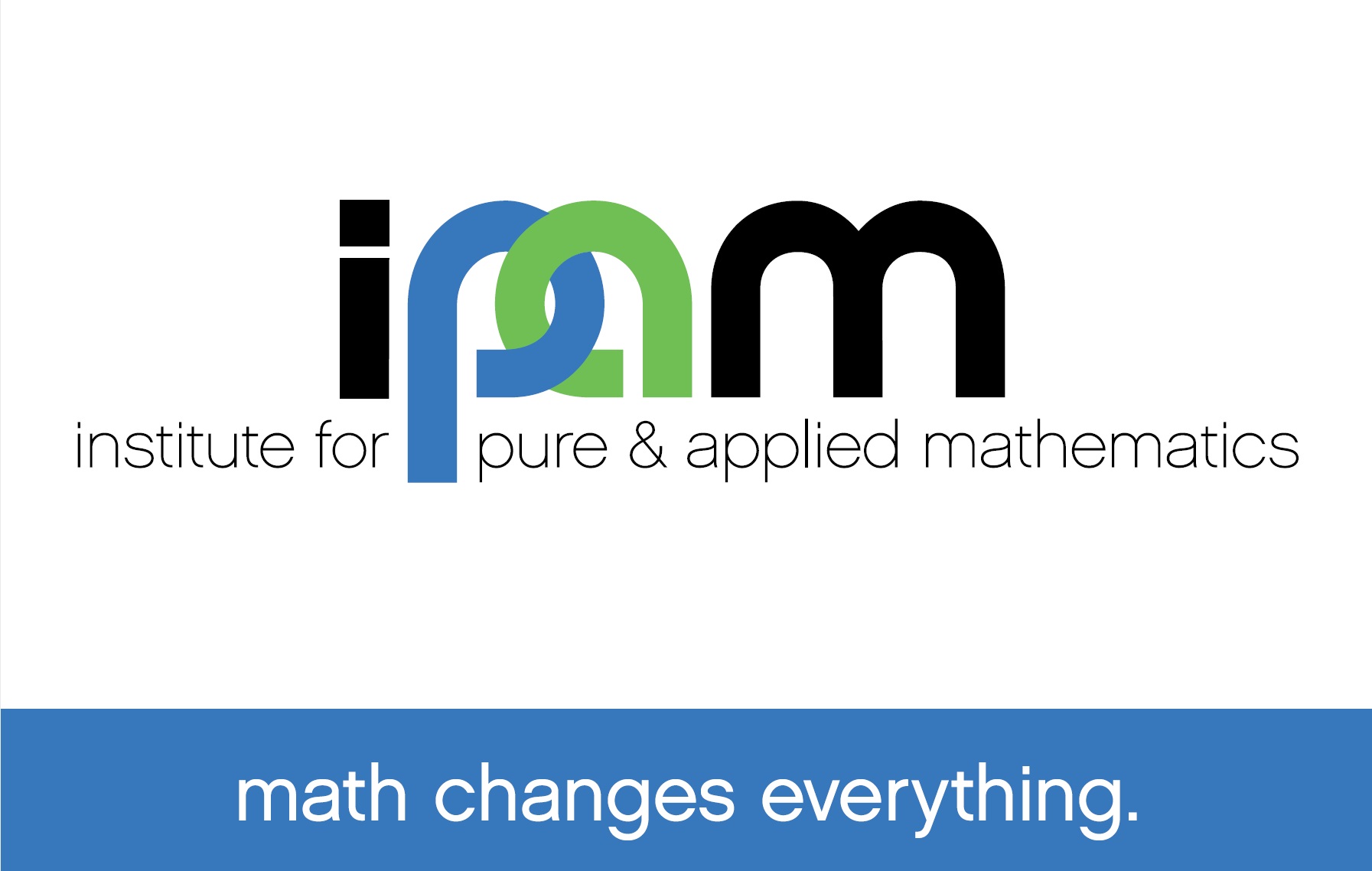Abstract
Shirley Ho
Flatiron Institute/Princeton University
The ever-increase need for accurate prediction for complex non-linear processes leads to large scale dynamical systems whose simulations and analysis make overwhelming and unmanageable demands on computational resources. The evolution of the Universe is one of these complex processes that the computational cost of the traditional full-order numerical simulations is extremely prohibitive.
In this talk, we will talk about our attempts and sometimes successes in modeling the Universe's complex processes with machine learning instead of using the set of equations. We simulate the interactions of planetary systems, the gravitational interaction of the entire Universe (with dark matter and dark energy) and the hydrodynamical interactions among the gas particles in the Universe. We will also report and discuss the interesting situation at which our model generalizes far beyond our training set, and the implications therein.
